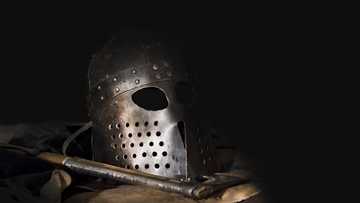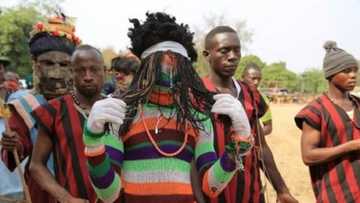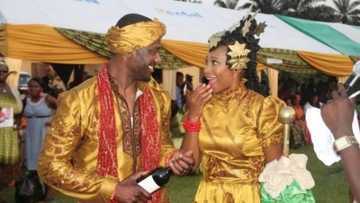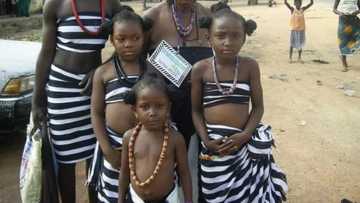Igbo traditions and customs
The culture and traditions of Igbo are interesting. These people have preserved their culture through centuries and even many of them are Christians today, their traditional beliefs are still deep and sincere. Let’s touch the amazing culture and customs of the Igbo people now.
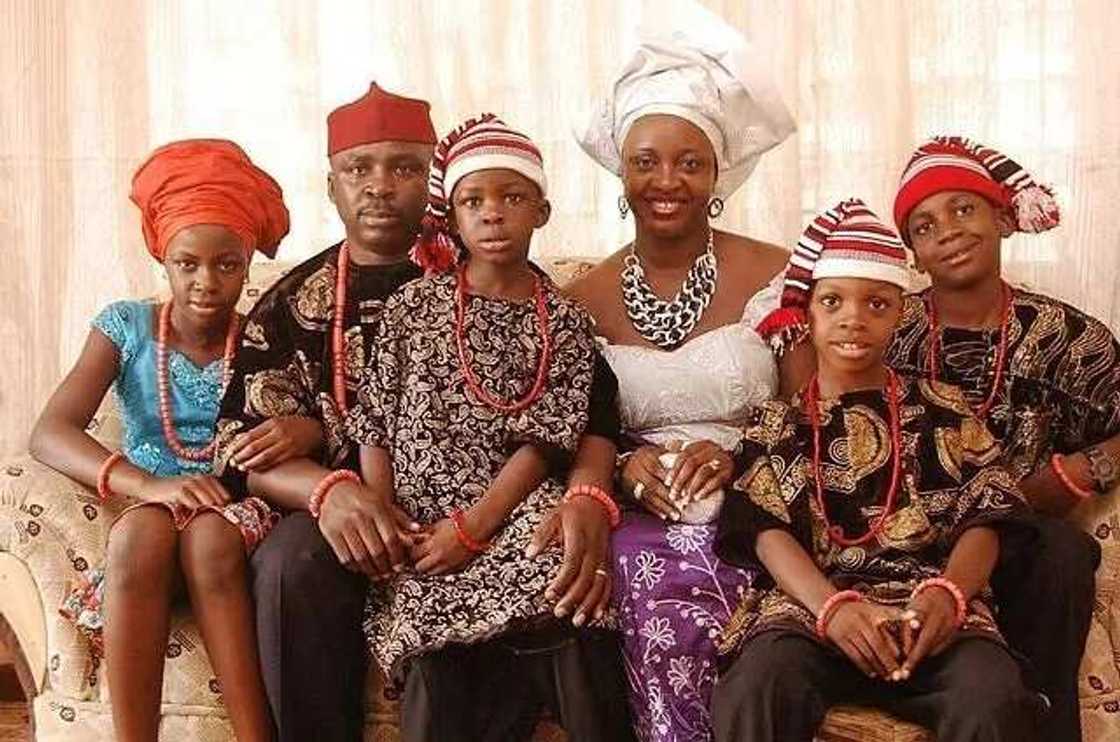
The origin of Igbo
The roots of the Igbo origin are traced by certain researchers back to the ancient personalities like Gad, one of the sons of Jacob, and Eri, one of the sons of Gad himself. Anyway, the relics and artefacts revealed by scientists show from the scientific point of view that the culture of Igbo is one of the most ancient in Africa.
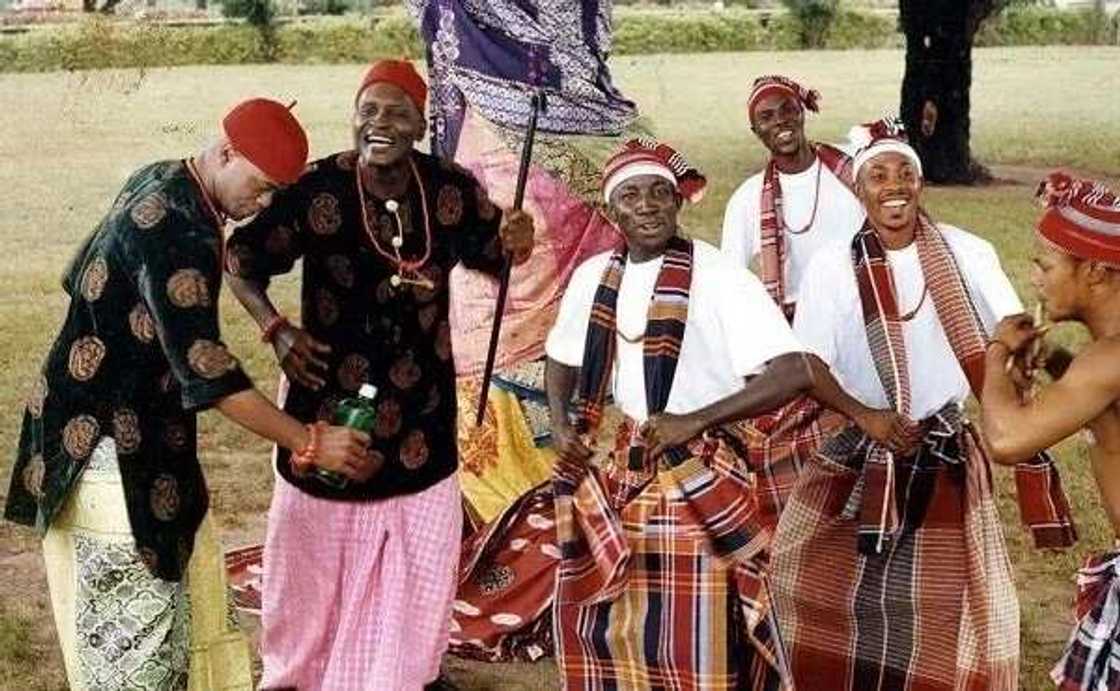
READ ALSO: How many tribes in Nigeria?
Today, they possess the second rank among the tribes and ethnic groups in Nigeria by the population. Just like Yoruba, for example, they are not a single nation. They rather consist of many smaller groups of people who are united under the same language, culture, and traditions.
They have brought a lot of their cultural heritage through ages and also developed a lot in the modern times. They are skilled in music and dancing, they have bright characteristic attire and create many samples of diverse visual arts. They have different dialects but the same language, they are ready to share their inner world but it doesn’t become smaller.
Interesting ancient Igbo customs
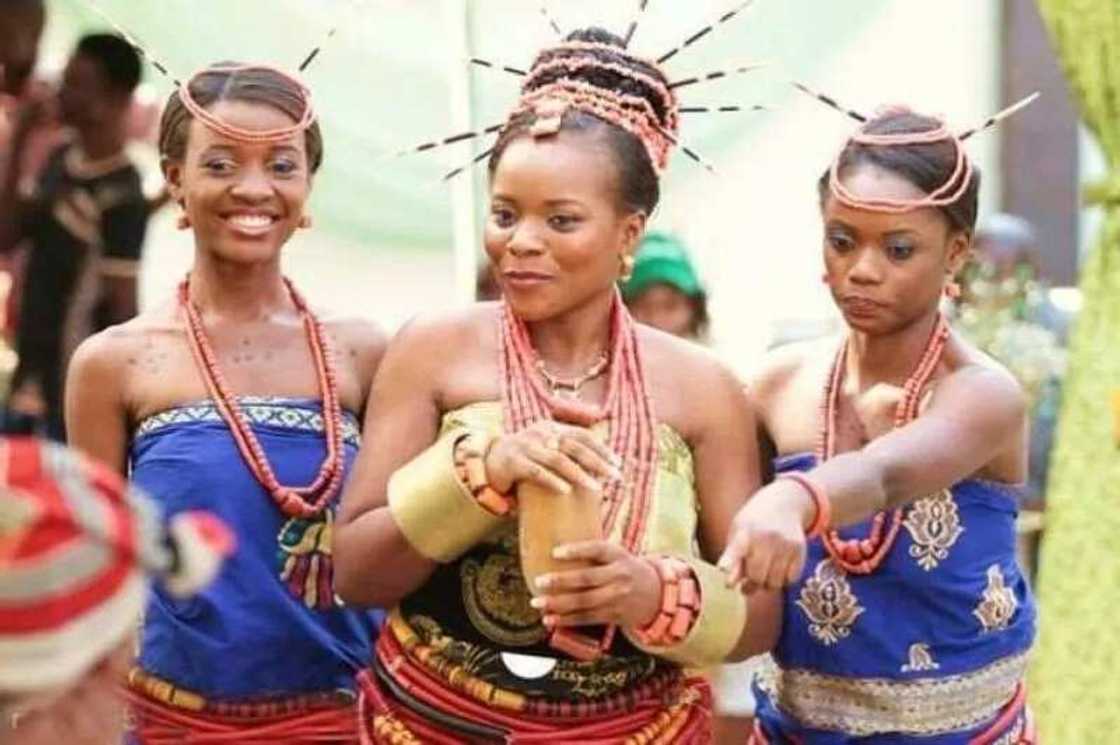
There are certain ancient traditions and customs in the Igboland that are quite interesting to modern people. Let’s take a look at some of them and their genuine meaning.
- The Ọjị tradition
This is an ancient Igbo custom connected with bitter kola nuts. These nuts are valued not for their delicious flavor (they hardly have any). They are a valuable part of social interactions. These nuts are normally shared with friends as a sign of the friendship. They are also offered to guests as a treat and gratitude for their arrival.
During the Ọjị ceremony, the oldest of the present persons completes the so-called ịgọ ọfọ. This is a kind of blessing to the kola that has provided the nuts, the ancestors, and the luck of all the present ones. Then, the nut is split into parts and distributed among the party.
- The Ọmụ nkwụ custom
This one is connected to palm tree shoots, which are considered sacred. Palm tree shoots have the power to remove the evil or the trace of evil deeds. It can be used to show and prove that something is sacred and valued. At ancient times, when some settlements were at war with each other people who needed to enter the enemy area held a palm tree shoot to prove that they don’t plan any evil.
- The custom of markings
Igbo people have several common types of markings they apply to their bodies and faces
For example, the Igbu Ichi marks on the face make a man honorable and acceptable everywhere he goes. Only free men were given such honor. They were provided with good food before the procedure of cutting the marks in order to have physical strength to stand the pain.
Then, he was led to a specially dug pit where he was laid on the ground face up and a special Ogbu ichi cut the marks in his face with the help of a sharp knife. The best valor the man could show during the procedure was not to give any signs of fear or pain.

READ ALSO: Igbo traditional wedding attire for the bride
After the cuts were applied, they were sprinkled with charcoal dust. This was the end of the procedure and the man was led into a separate room where he was treated carefully and caringly and given any delicious food he would demand. After the wounds healed up, he became a man of an exceptional honor, bravery and, of course, bodily beauty.
Other types of marks were used to tell free people from slaves or simply for decoration. Some of them were applied onto the body but the majority of them was meant for the face. Nki marks were applied with the help of a needle and Uri marks (made with an indigo paint) are worn by women as a sort of decoration.
- The Ịkpọ Ọkụ nwa custom
When a child is born, people send the baby’s mother pots or some money to purchase the pots for the baby. If the newborn baby is female, some men may send money that’s called Ịkpọ Ọkụ mmiri. This means that they express their desire to marry the girl when she grows up.
Igbo religious beliefs
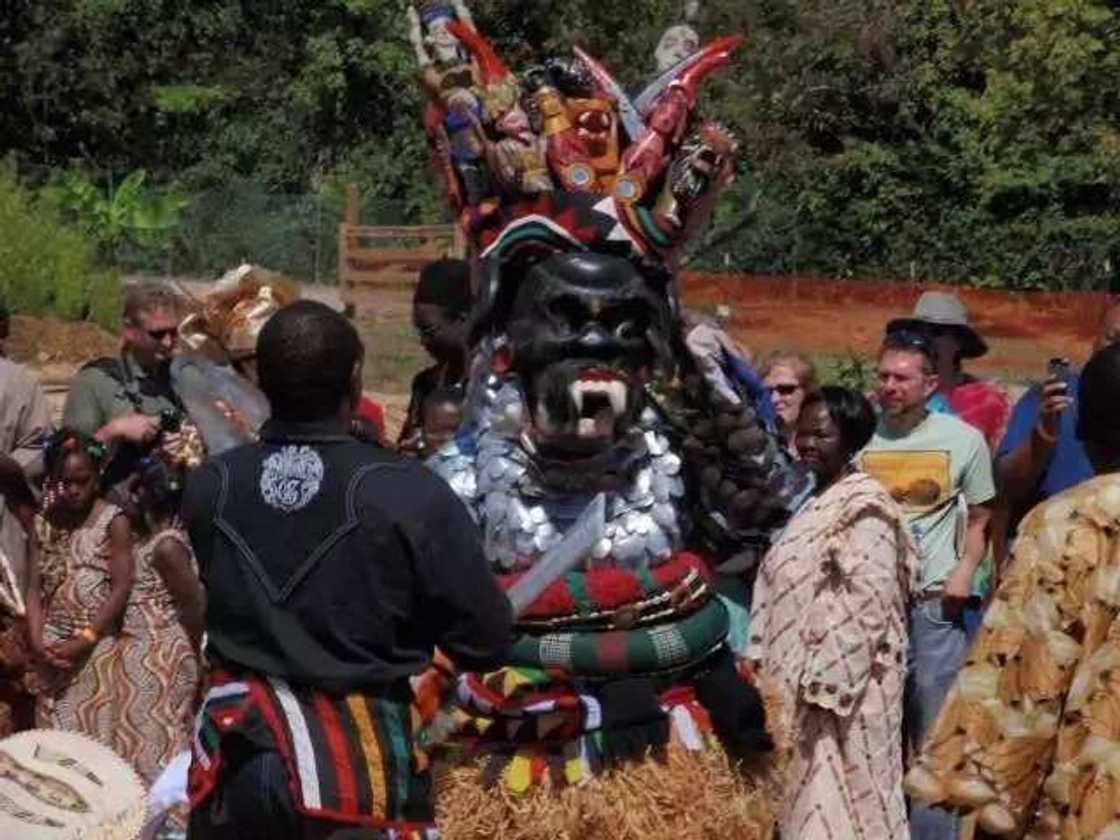
The majority of the today’s Igbo people are Christians. However, many people still stick to traditional religion and believe in the highest deity named Chukwu. He rules minor gods, which form the second level of the divine beings, and spirits of the dead, which are at the third level.
Igbo people believe in the reincarnation and fortune telling. Every settlement has its own fortune tellers and priests of the ancient faith. They are always there to help people in spiritual matters, emotional troubles, and also conduct all the necessary rites.
Igbo arts or Ǹkà Igbo
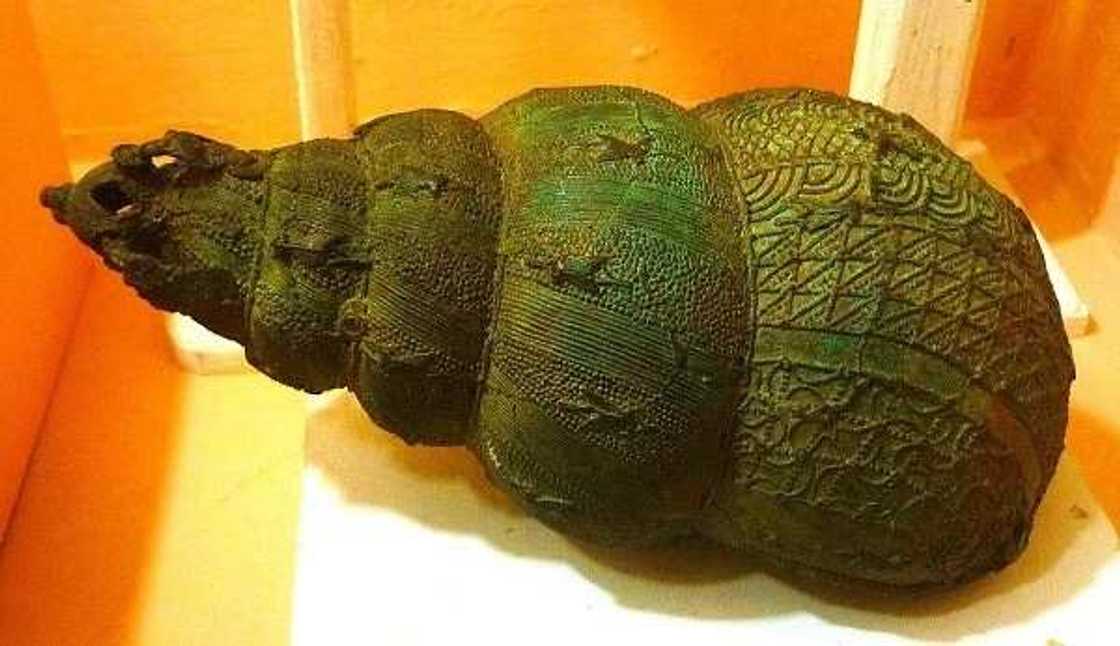
Igbo arts are a material form of their spiritual world. Sculptures, masks, fabrics and metal work are amazing. The objects scientists discover during archeological research astonish with their gracefulness, the fineness of work and the expressiveness of their appearance.
There are certain types of masks that possess their own functions and specialized performances dedicated to these types of masks. For instance, there are masks that show the perfect girl (maiden) or the wise and elderly wife who is outstanding among other women.
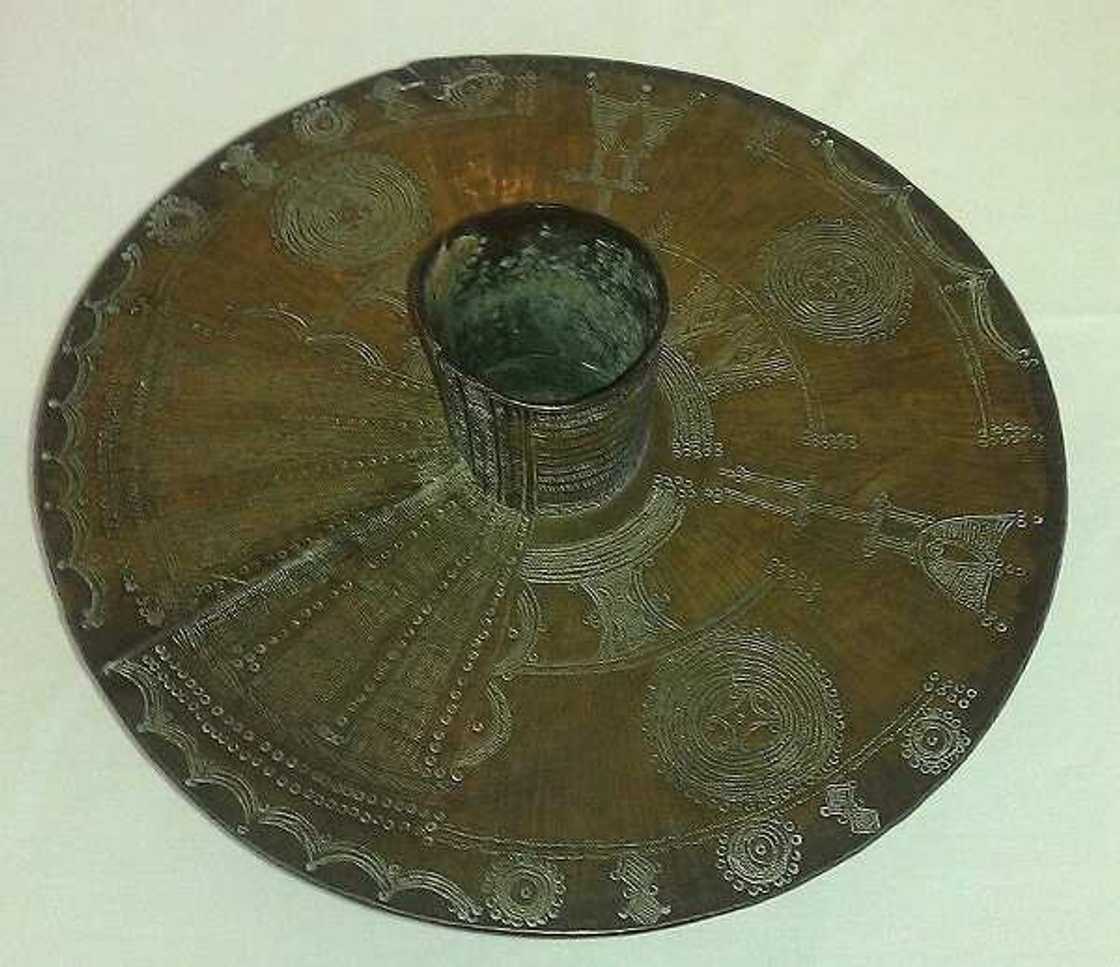
Igbo people are also famous for their architecture, wood carving skills and their talent for drawing traditional ornaments called Uri or Uli. The latter is more often done by women who practice it on their own bodies before some festive events in their settlements.
Such decorative paintings are usually created under some momentary inspiration though there are certain traditional elements that depict plants, diverse objects. Sometimes, similar patterns appear on the walls of Igbo houses, too.
Igbo traditional attire
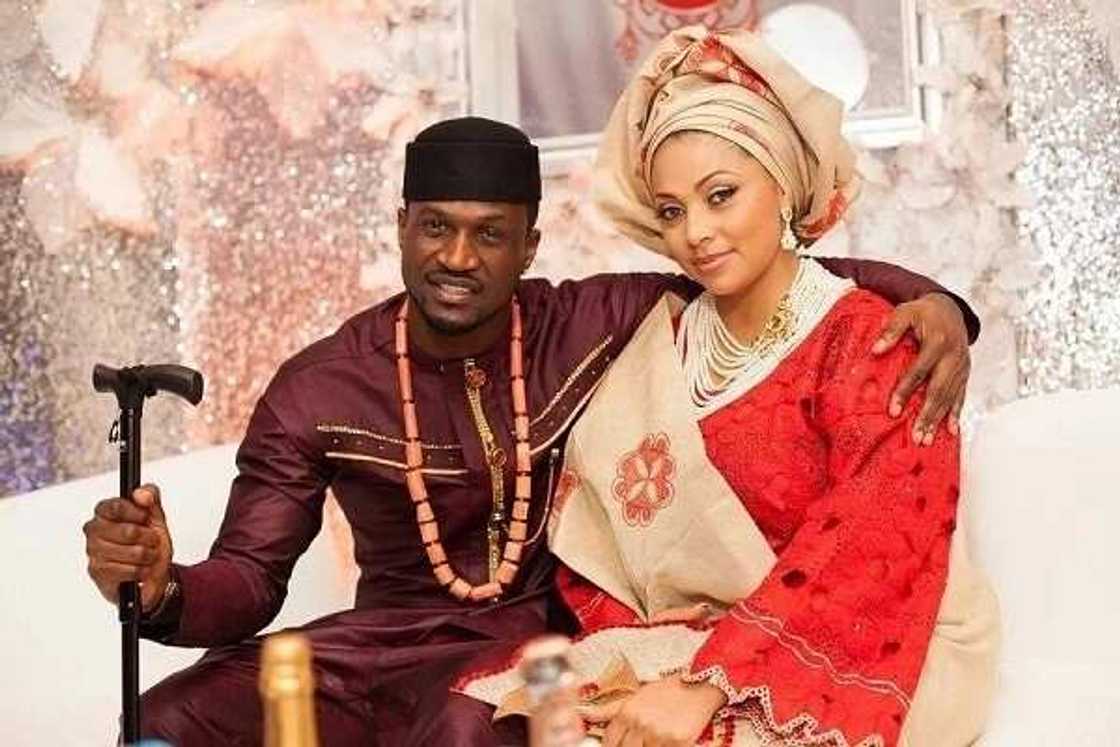
At ancient times, Igbo wore only little clothing on their bodies. The majority of adults only cared to cover their private parts. Children had no clothes at all up to a certain adolescent age when their parents decided that it’s time to start hiding certain parts of their bodies. Seniors wore more clothes and often a string of beads in their waist area because it was considered healing.
Before the colonization, the only clothes that could be seen on both men and women were wrappers decorated with beads. Men also used loin clothes that could be worn alone or under a wrapper. Women never covered their chests and only wore necklaces and beads.
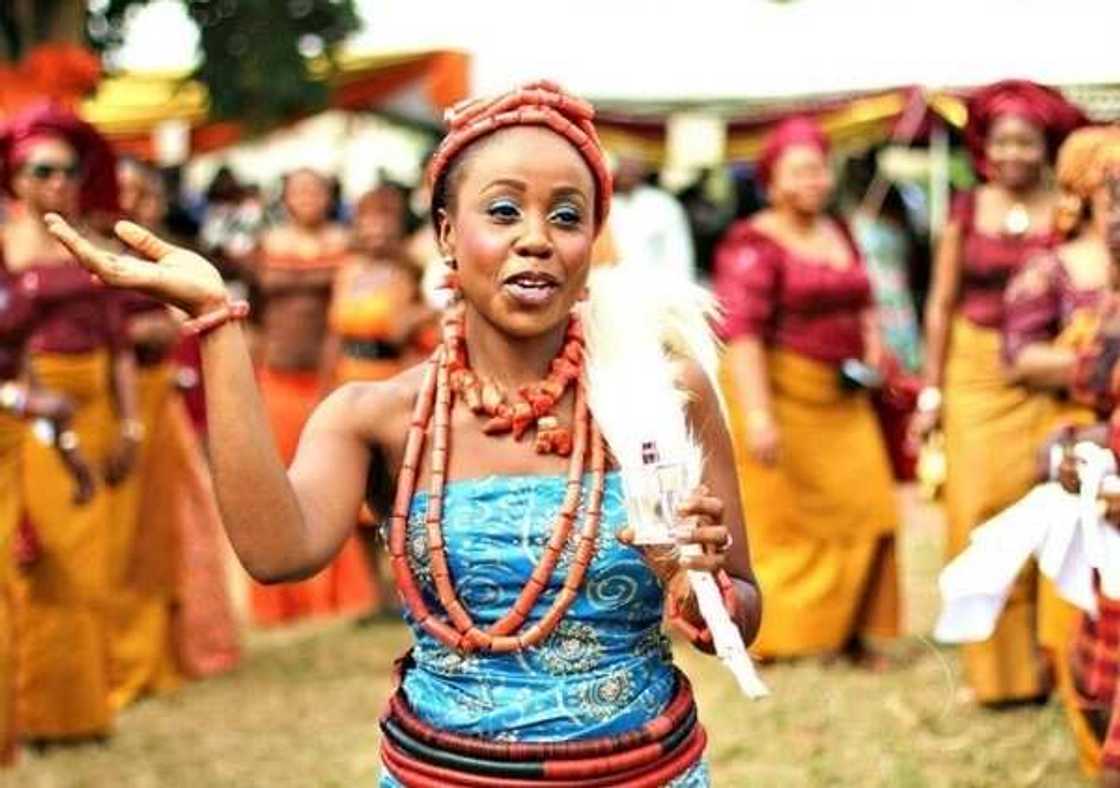
Today, when they are into getting dressed in a traditional style, men usually wear Isiagu, a top with embroidery on the chest, paired with pants. They also cover their heads with traditional hats called Okpu Agu. Women have their own attire, a blouse with voluminous sleeves and two wrappers.
Well, now you have an idea of how much there is of the ancient traditions of Igbo in everyday life. They still conduct ancient rites, still cherish the heritage of their ancestors. Even seeing the modern world around them, even having experienced the power of colonization, they have remained themselves. Enjoy the culture of Igbo!
READ ALSO: George wrapper and blouse styles in 2017-2018
Source: Legit.ng


